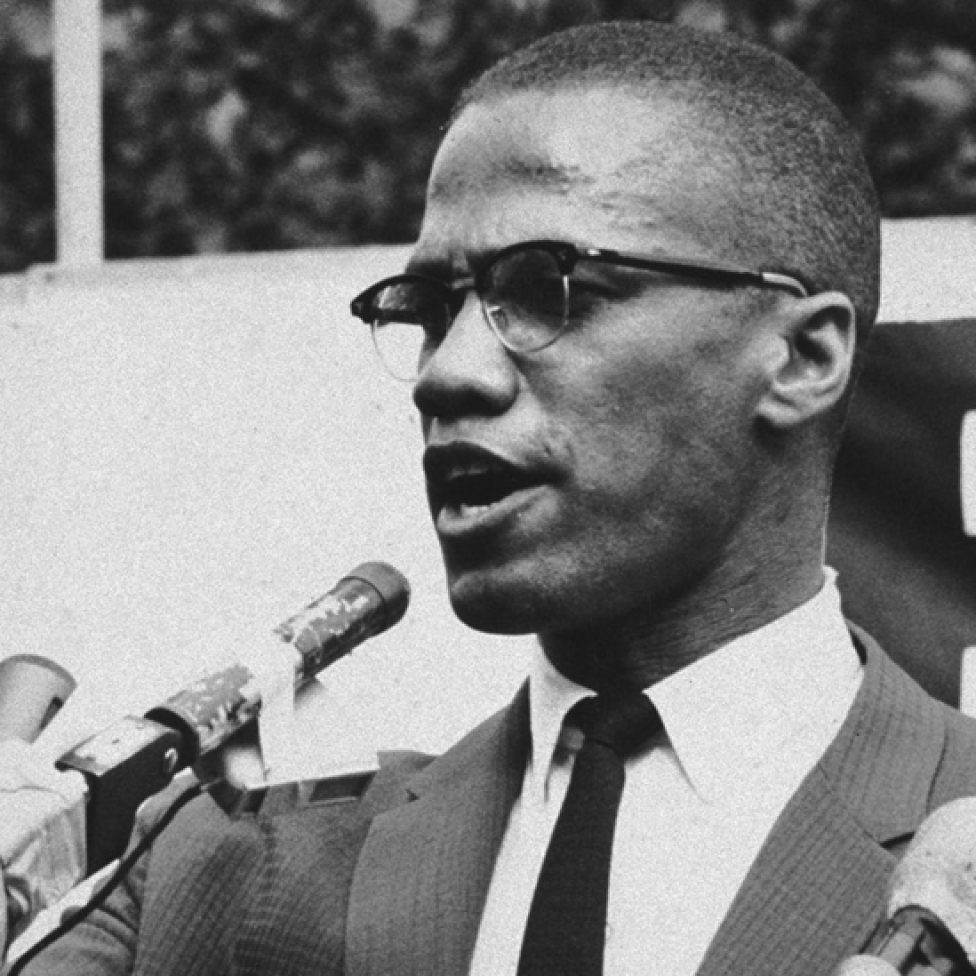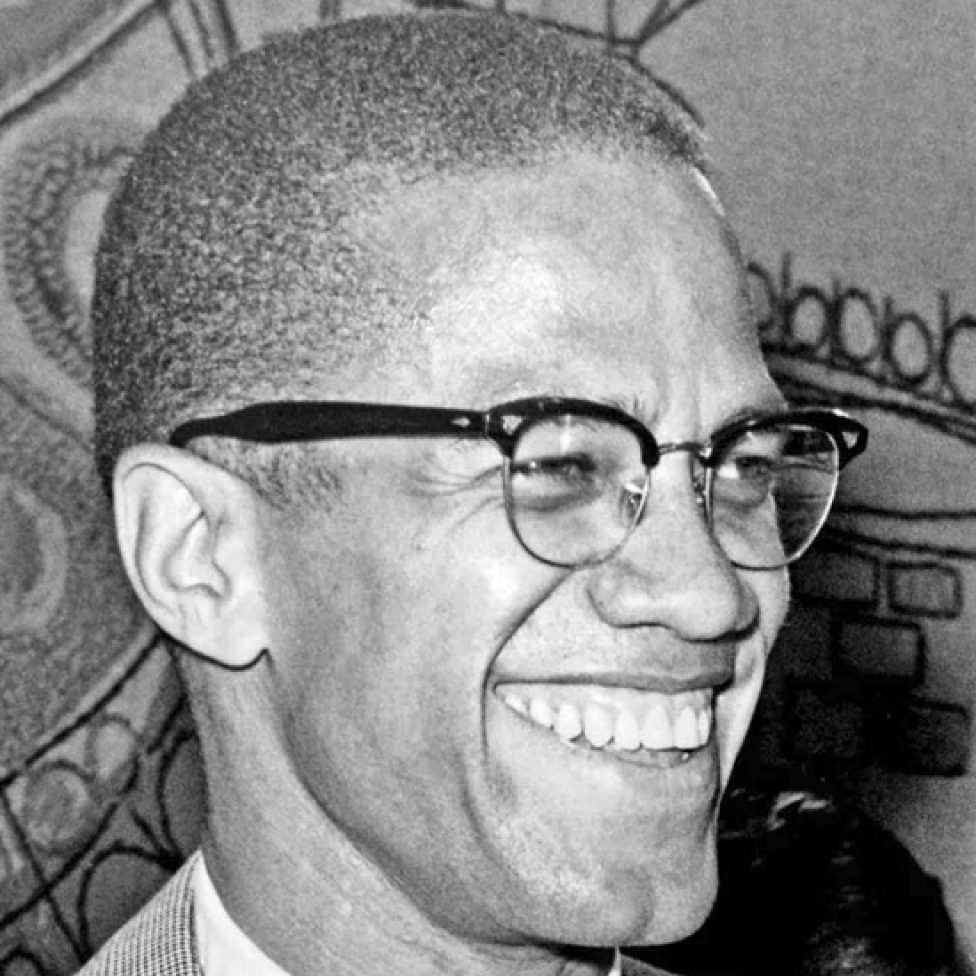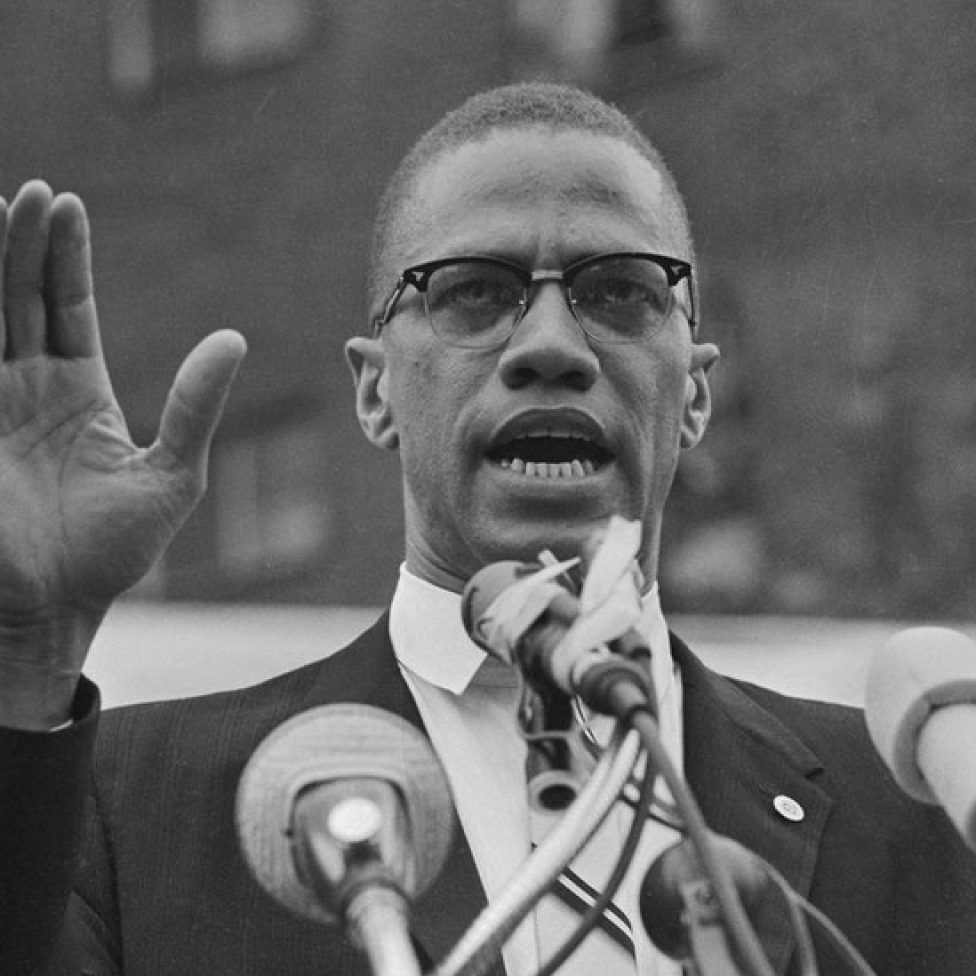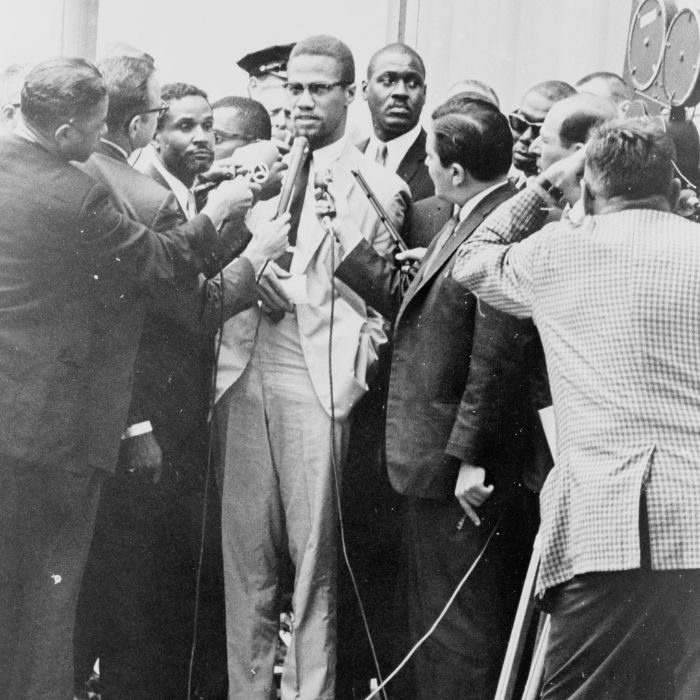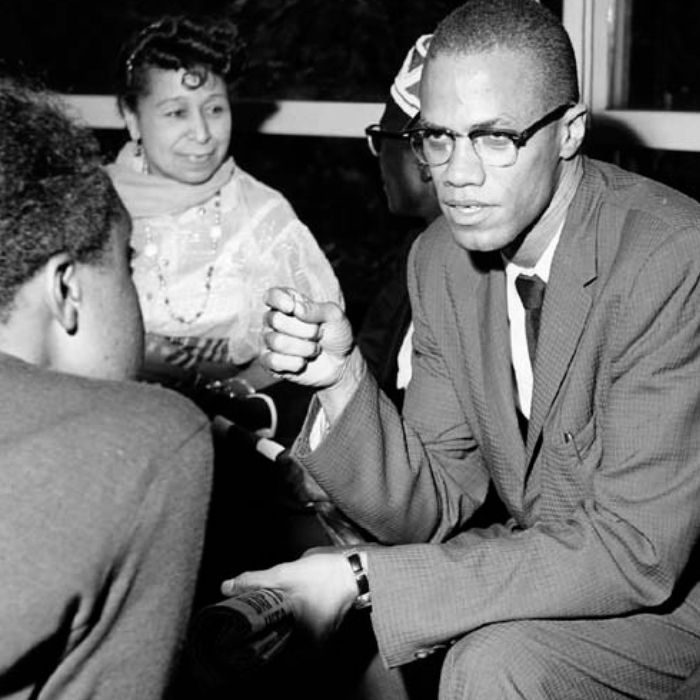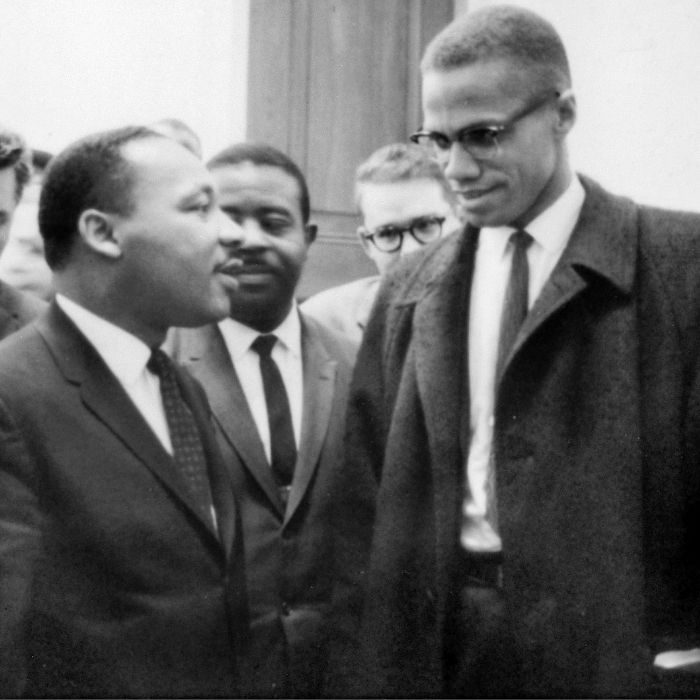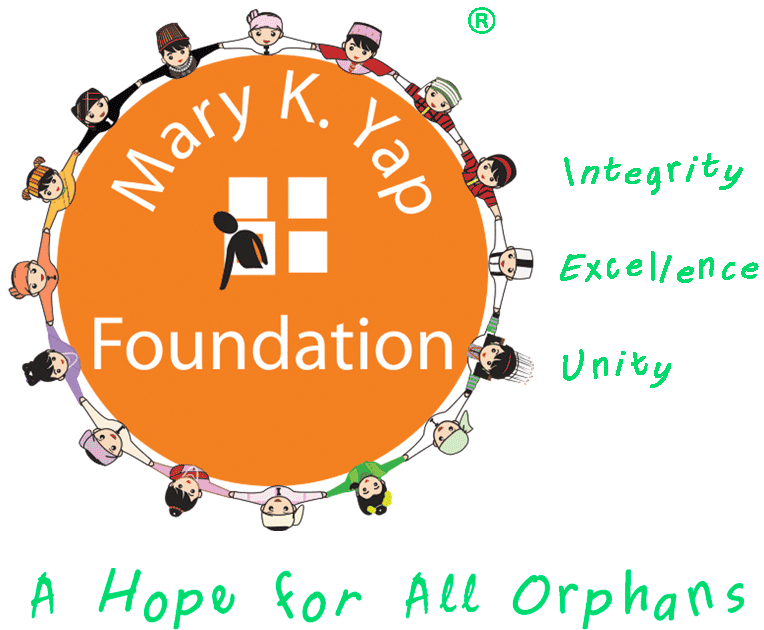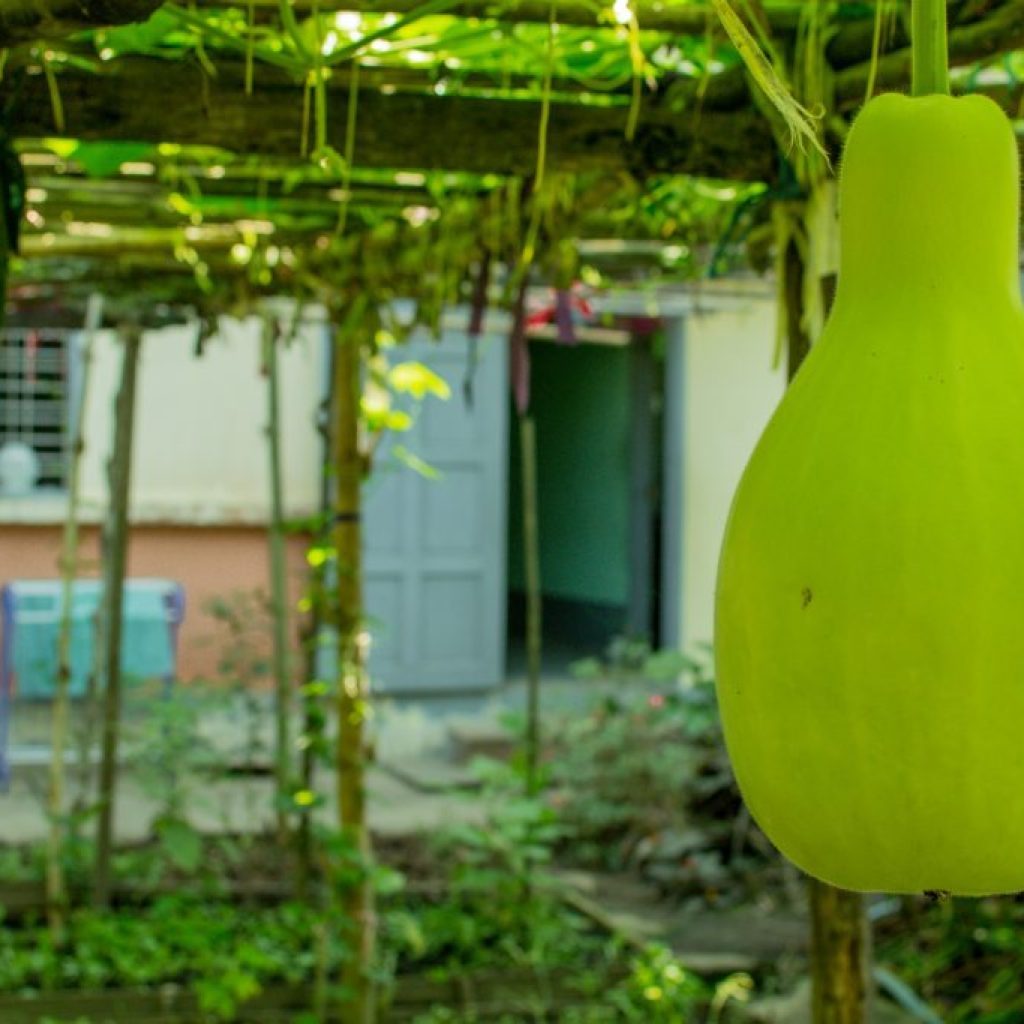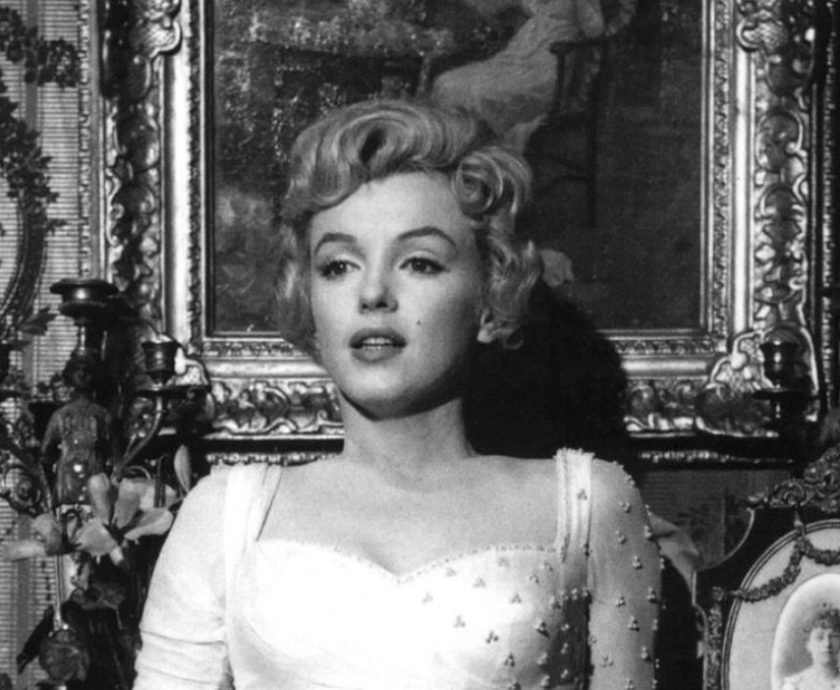World Orphans Day: A Tribute to Malcolm X
As we commemorate World Orphans Day, the Mary K. Yap Foundation is honored to pay tribute to the extraordinary life and enduring legacy of Malcolm X. His journey from a childhood marked by profound adversity to becoming one of the most prolific and impactful civil rights leaders of our times serves as a powerful testament to human resilience and the potential for transformation, regardless of early-life circumstances.
#Malcolm X’s childhood began with an unforgettable traumatic experience. On September 28, 1931, when he was just six years old, his ministerial father, Earl Little, was brutally murdered by the Black Legion, a notorious racist terrorist organization. This devastating loss plunged the family into immediate crisis. The situation worsened considerably for the now fatherless Malcolm when his single mother, Louise Little, a resilient woman raising seven children, was tragically diagnosed with a mental illness. Her condition necessitated her registration at a mental institution, where she would remain for an astonishing 26 years.
The day-to-day survival became a massive, unrelenting struggle for the Little family. With no one able to consistently look after them, Malcolm and his siblings were fragmented, living in various foster families under the government assistance program. Malcolm’s formal education was abruptly cut short; he did not finish school past the seventh grade and was subsequently sent to a juvenile home in the nearly all-white community of Mason, Michigan. A few years after living with foster parents, a pivotal moment arrived in 1941 when Ella Collins, Malcolm’s half-sister, gained custody of the 15-year-old Malcolm, bringing him to Boston.
From Hustle to Self-Education: The Making of a Mind
As a youngster growing up as an orphan under his half-sister’s care, Malcolm seized every possible opportunity that came his way to make ends meet. This led to a series of challenging “odd jobs” on railroads, in restaurants, bars, shoeshine stands, and jewelry stores. His path during these formative years also included brushes with the law, even leading to convictions for breaking and entering and possessing firearms.
Yet, despite these misguided turns, Malcolm remarkably transformed his time in prison into an invaluable period of self-improvement. He made the absolute best of his jail time, dedicating himself to reading and devouring books at the prison library. Malcolm’s insatiable desire to read and learn as much as possible during his incarceration was his profound way of compensating for the education he had missed when he dropped out of high school. It was during this period of intense self-study that his intellect sharpened, his worldview expanded, and the foundations of his future leadership began to form.
A Powerful Voice for Black Empowerment
#Malcolm’s exceptional ability to inspire both Nation of Islam (NOI) members and non-members quickly became evident. This charisma and intellect earned him rapid ascent within the organization, leading to his appointment as the first minister to various temples, culminating in his highest appointment as the Chief Minister of Harlem’s Temple 7 in 1961, a role bestowed upon him by Elijah Muhammad, the founder of the NOI. Malcolm emerged as a staunch believer in the empowerment of Black people. He passionately advocated for Black communities to create their own power structures, build their own institutions, and generate their own wealth, directly challenging the then-dominant ideals of integration and racial acceptance. Malcolm also held a strong conviction in the notion of self-defense as a necessary alternative to nonviolent resistance, becoming extremely vocal on subjects he held so dearly, resonating with a segment of the Black community seeking a more assertive path to liberation.
Malcolm X’s Enduring Legacy: Courage, Determination, and Integrity
Despite the distressed and turbulent environment he endured throughout his early life, Malcolm X never ceased pursuing his agendas and sharing his profound knowledge with everyone who would listen. He embodied the very essence of living by one’s words and integrity – a principle that resonates deeply with and aligns perfectly with one of the Mary K. Yap Foundation’s three core pillars. He demonstrably refused to let life’s complications or his challenging beginnings deter him from accomplishing his personal goals and motives. With courage and determination, Malcolm X achieved an indelible mark on history, demonstrating that even the most arduous journeys can lead to monumental impact. His life stands as a powerful reminder for all orphaned and underserved children, proving that with resilience and dedication, one can transcend adversity and become a force for positive change.
Collection of popular photo collages from public domain
